The Troubling Legacy of RFK Jr.’s Anti-Vaccine Crusade
Robert F. Kennedy Jr., known for his anti-vaccine activism, recently claimed association with his family’s legacy of disability advocacy. However, this connection is disingenuous and misleading. In reality, his baseless claim that vaccines cause autism perpetuates the harmful belief that being autistic is worse than the return of deadly diseases like measles.
To understand the true legacy of the Kennedy family, we must look back at the actions of Joseph P. Kennedy Sr., who approved the first lobotomy in the U.S. on his intellectually disabled daughter, Rosemary. This act of shame and ignorance reflects RFK Jr.’s own harmful rhetoric, which encourages parents to blame themselves for their child’s autism.
While the Kennedy siblings, including President John F. Kennedy, worked to reshape the perception of disabilities in America through initiatives like the Community Mental Health Act and the Americans with Disabilities Act, RFK Jr. stands apart as an outlier in the family. His anti-autism vitriol aligns more with the legacy of his grandfather, who saw disability as something to be hidden and ashamed of.
RFK Jr.’s personal story, driven by his son’s severe food allergies, led him to co-found the Food Allergies Institute. However, his misguided belief that vaccines are linked to allergies and autism has been widely discredited. Numerous studies have found no connection between vaccines and autism, with one Danish study even showing that the MMR vaccine reduces the risk of autism.
Despite the overwhelming evidence against his claims, RFK Jr. has continued to escalate his criticism of vaccines, even comparing pandemic restrictions to the horrors of Hitler’s Germany. This dangerous rhetoric has caused public rebukes from five of his siblings, who have distanced themselves from his views.
RFK Jr.’s anti-vaccine crusade undermines decades of public health efforts and tarnishes the admirable work of his family. His advocacy reattaches a stigma to disabilities that programs like the Special Olympics have fought to erase.
In conclusion, RFK Jr.’s attempt to align himself with his family’s legacy is not only disingenuous but also damaging. His harmful beliefs perpetuate the idea that disabilities should be hidden and ashamed of, contradicting the progress made by previous generations of Kennedys. It is crucial to recognize the true legacy of the Kennedy family and reject RFK Jr.’s dangerous rhetoric.
Unveiling RFK’s Controversial Views: A Threat to His Family’s Legacy
The Kennedy family has long been revered as one of America’s most influential political dynasties. From Joseph P. Kennedy Sr.’s rise to prominence in the early 20th century to John F. Kennedy’s presidency and tragic assassination, the Kennedys have left an indelible mark on American history. However, recent revelations surrounding the controversial views of Robert F. Kennedy (RFK) have raised concerns about the potential threat to the family’s legacy.
RFK, the younger brother of President John F. Kennedy, was widely regarded as a champion of civil rights and social justice. His tireless efforts to combat racial inequality and poverty earned him the admiration of many Americans. However, a closer examination of his lesser-known views reveals a more complex and, at times, troubling perspective.
One of the most contentious aspects of RFK’s legacy is his stance on the Vietnam War. While publicly expressing reservations about the conflict, he privately supported the war effort and even advocated for increased military involvement. This contradiction between his public image as a peacemaker and his behind-the-scenes support for a deeply unpopular war has raised questions about his true motivations and principles.
Furthermore, RFK’s views on race have also come under scrutiny. While he is often hailed as a champion of civil rights, his interactions with civil rights leaders were not always as harmonious as they may seem. In fact, RFK was initially hesitant to support the Civil Rights Act of 1964, fearing it would alienate white voters. This calculated political maneuvering, while not uncommon in the realm of politics, casts a shadow over his commitment to racial equality.
Another controversial aspect of RFK’s legacy is his association with controversial figures and organizations. He maintained close ties with labor leader Jimmy Hoffa, despite Hoffa’s well-documented connections to organized crime. Additionally, RFK’s involvement with the anti-communist group, the John Birch Society, raises questions about his judgment and ideological leanings.
The unveiling of RFK’s controversial views poses a significant threat to the Kennedy family’s legacy. For decades, the Kennedys have been revered as progressive icons, fighting for justice and equality. However, the revelation of RFK’s contradictory positions and questionable associations threatens to tarnish this carefully crafted image.
The danger lies not only in the potential erosion of public trust but also in the impact on future generations of Kennedys. The family’s legacy has been a source of inspiration for many, encouraging them to enter public service and fight for a better world. If RFK’s controversial views are not addressed and contextualized, it may discourage future generations from embracing the Kennedy legacy and its core values.
To preserve the Kennedy family’s legacy, it is crucial to engage in an open and honest dialogue about RFK’s controversial views. Rather than sweeping these revelations under the rug, it is essential to acknowledge the complexities of his character and the historical context in which he operated. By doing so, we can ensure that the Kennedy legacy remains a source of inspiration while acknowledging the imperfections and complexities of its members.
In conclusion, the unveiling of RFK’s controversial views poses a significant threat to the Kennedy family’s legacy. The contradictions in his stance on the Vietnam War, his calculated approach to civil rights, and his associations with questionable figures all cast a shadow over his image as a progressive champion. To safeguard the family’s legacy, it is imperative to address these revelations openly and honestly, ensuring that future generations can learn from the Kennedy legacy while acknowledging its complexities. Only through this process can the Kennedy family’s legacy endure as a beacon of hope and inspiration for generations to come.

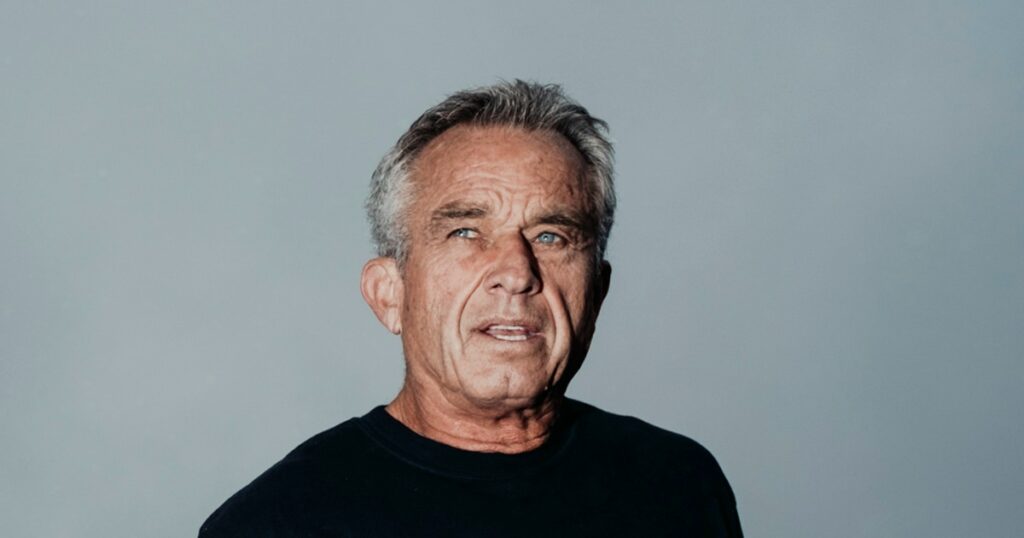
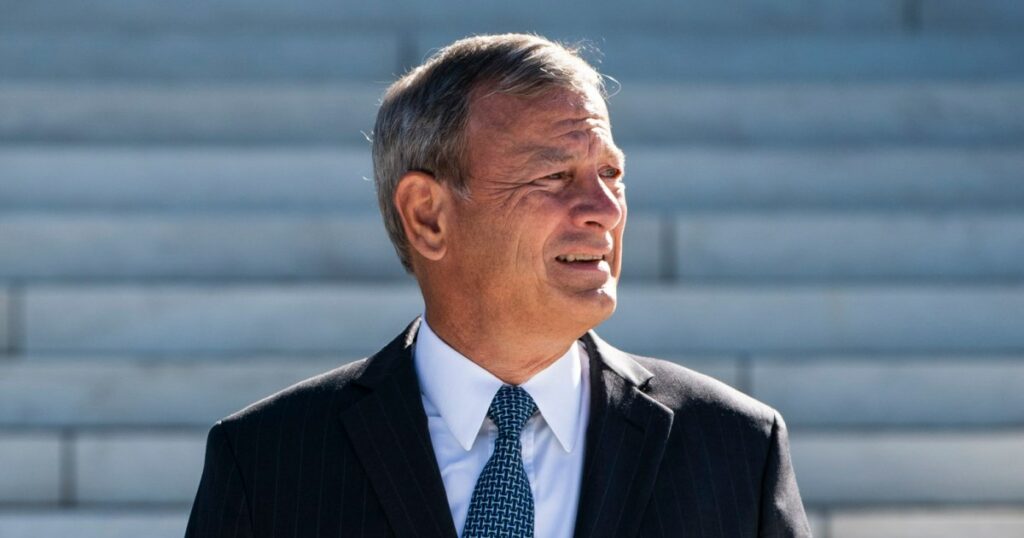
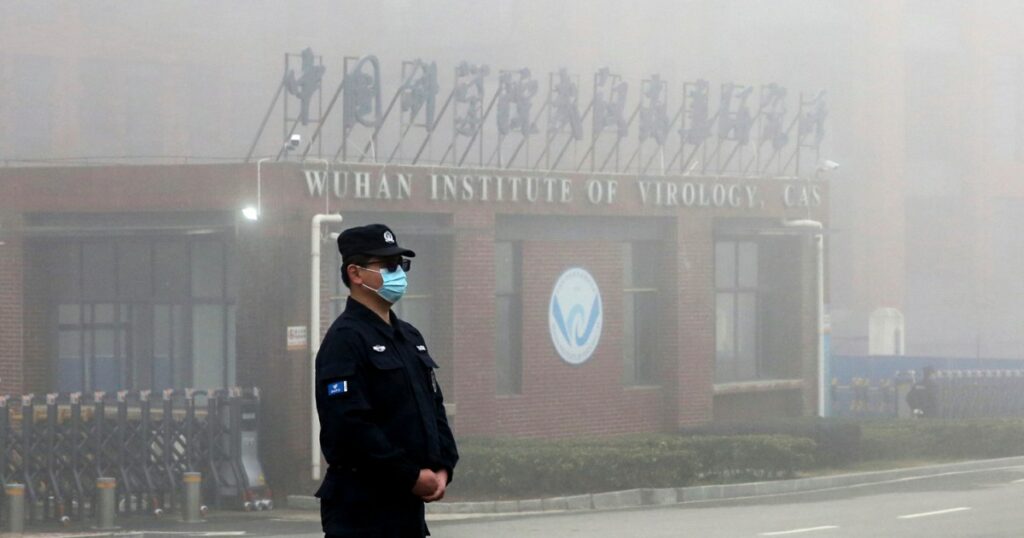
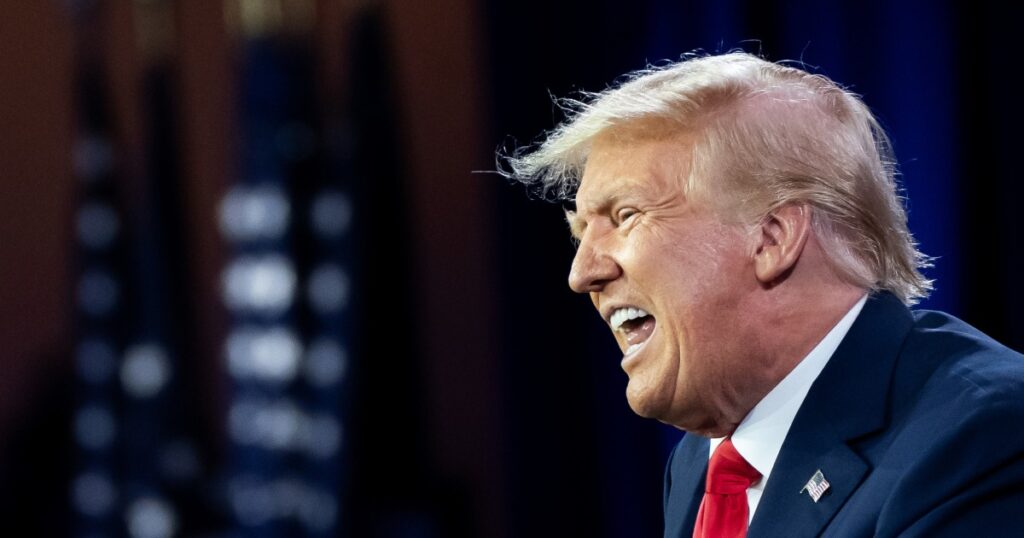
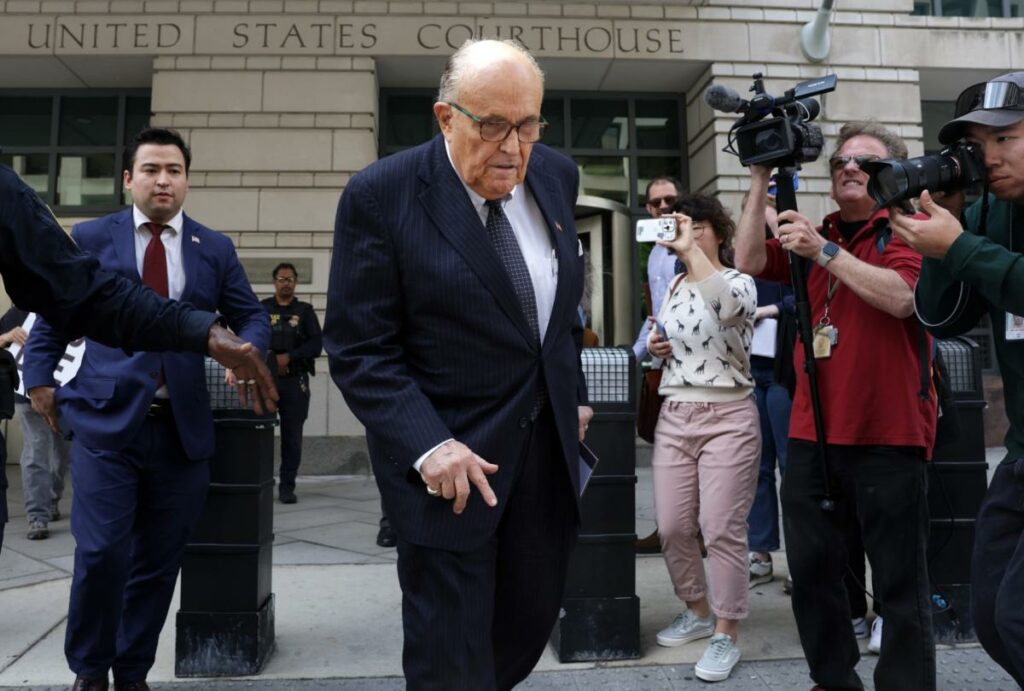
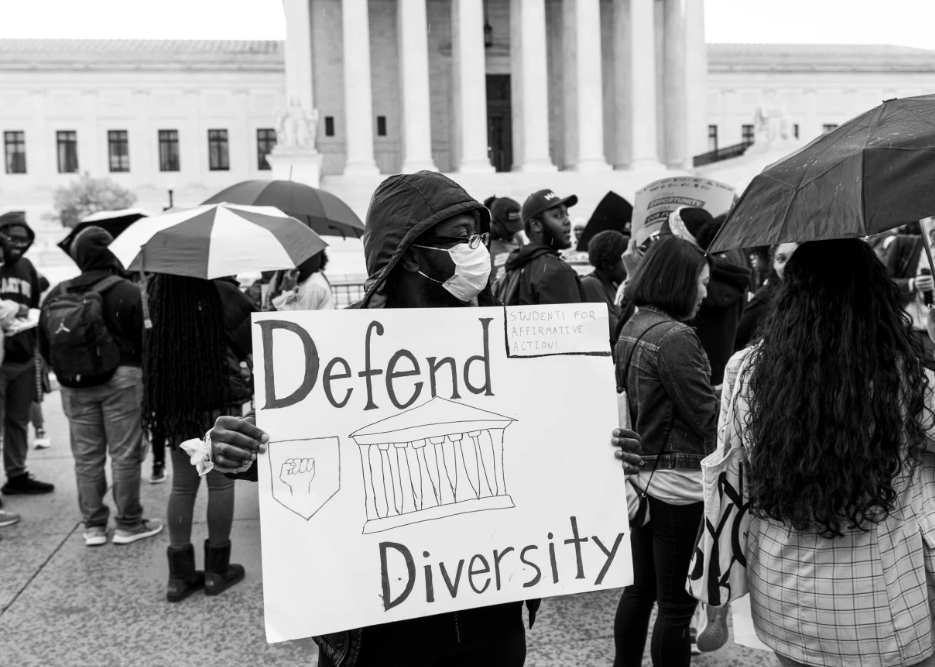
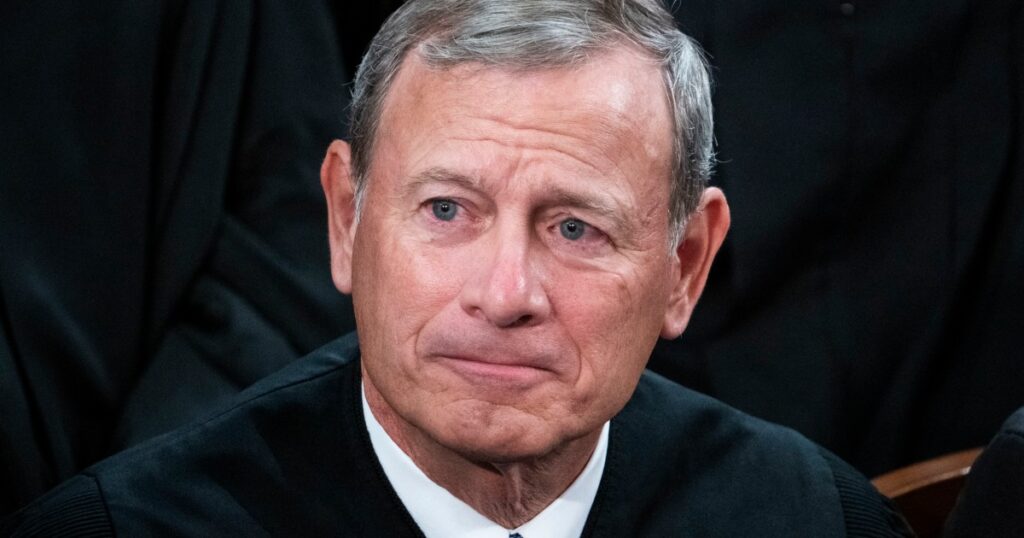
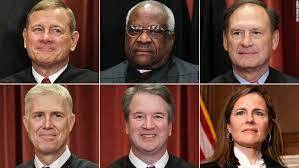
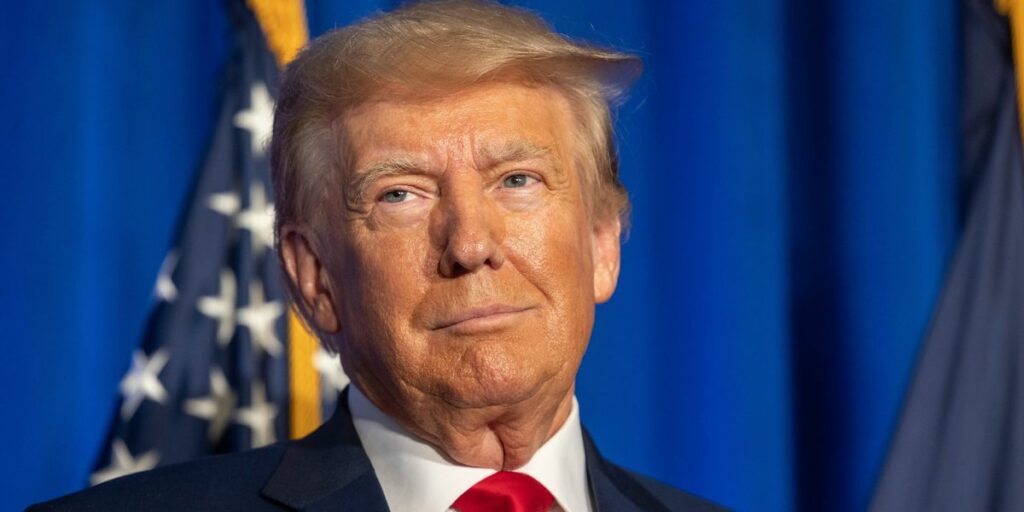
Close examination of the Kennedy’s history reveals a rather unsavory clan of self-serving wannabe aristocrats’ who have long felt they are entitled to do whatever they want regardless of the consequences to other, because they are special.